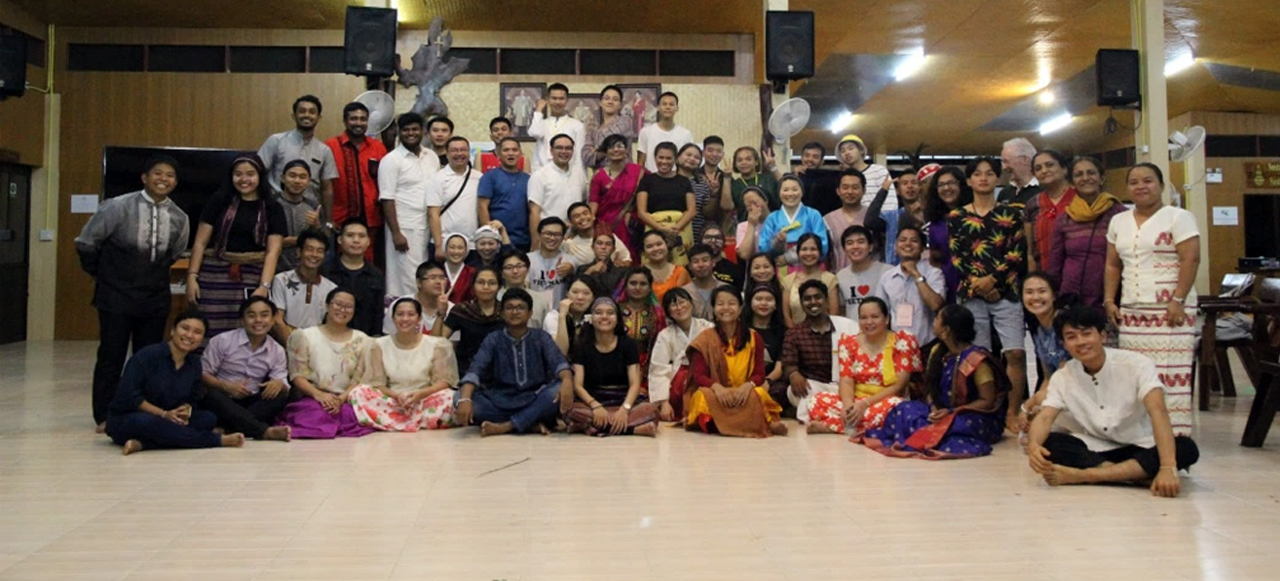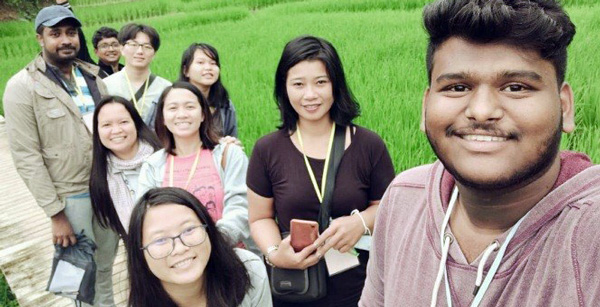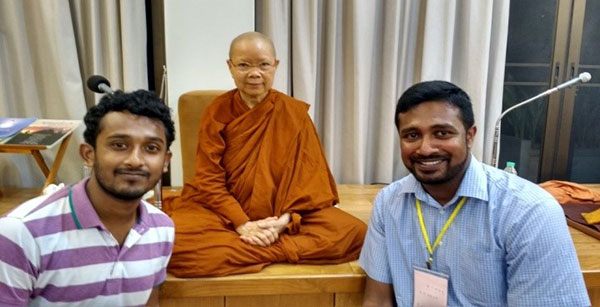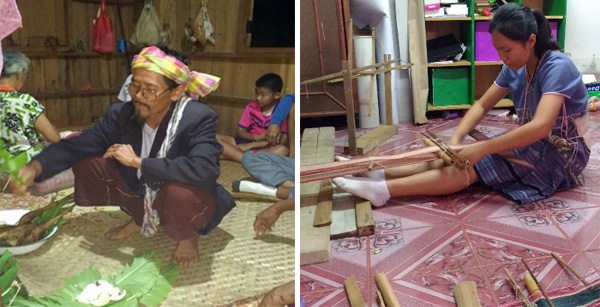COLOMBO
Amila Perera OMI,
Oblate Scholasticate, kandy, Sri Lanka.
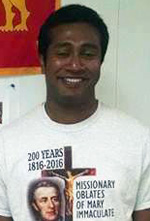
Amila Perera OMI
As an Oblate Scholastic, I would like to share my experience from the great opportunity I had, to participate as one of the delegates from Sri Lanka in the Asian Youth Academy and Asian Theology Forum 2019, Chiang Mai, Thailand, in August 2019. This was held at the Communal Life of Love and Unity of the Mountain People (CLUMP) Centre.
Seventy young Christian activists from 12 Asian countries and with diverse professions and backgrounds came together for these events. Along with excellent speakers, we discussed and shared diverse issues under the theme “Wisdom of Religions/ Cultural Traditions in Asia as Responding to Ecological Crisis and Human Security”.
One of our most remarkable exposures was in Pa Pae village which is located 120Km away from the CLUMP Centre. The village is blessed generously with natural resources viz., rivers, natural springs, fruit orchards, fertile soil and intriguing flora and fauna. This serene atmosphere gave me immense opportunities to reflect on the beautiful spiritual bond that is established between humans and nature.
We were able to explore the unseen rich culture of KEREN and LAWA tribes. Many among the hundreds of families of the village recognise themselves as Christians and Buddhists while few still follow tribal spiritual and ritual activities and practices. It is worth noting that none of the villagers seemed to have forgotten their local culture and traditions, which certainly contributed to the progress and unity of the community.
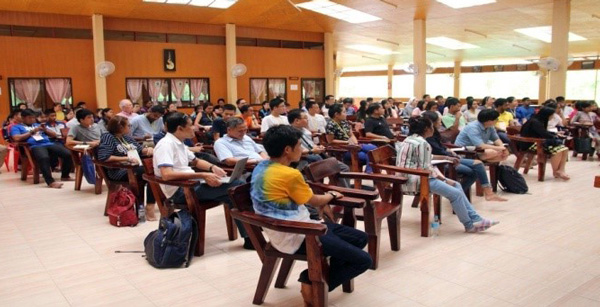
We were well served with organic food and beverages (baby corn and rice wine was my favourite) by our host families and their hospitality towards us was indeed remarkable. Although the villagers have many links with the outside and developed world, they have chosen to live a life of simplicity and with minimum recourses. It is amazing to see the young people who work in the city, come back to the community during weekends. This is a clear sign of how deep rooted their culture is in them and what they envision about the future of the community of Pa Pae village.
In the academic forum we discussed topics such as Neo Liberalism, the need to establish a Synodal Church, women leadership role in the Church, and breaking the culture of silence in Asia, gave me an insight and a broader vision into my religious life and spiritual practice. It reminded me continuously of my social responsibility towards the poor, peace building and creating inclusive communities. Our many visits to the NIROTHARAM VIPASSANA meditation centre and speaking to the Buddhist Bhikkunies (women monks) living there, gave me an incredible opportunity and insights to ponder and reflect deeply on the role of women leadership and empowerment in these communities.
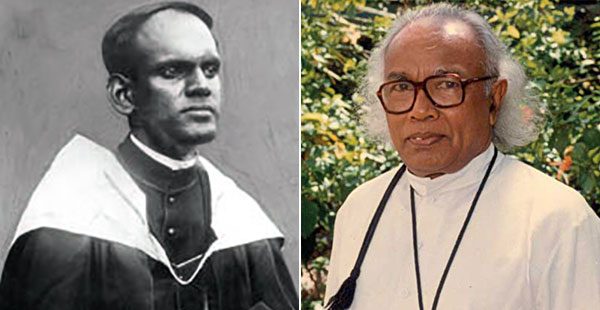
Fr. Peter Pillai, OMI (left) and Fr. Tissa Balasuriya, OMI (right)
As an Oblate seminarian, I consider it important to continue our Oblate heritage, which we have received from St.Eugene De Mazenod, our beloved Founder, who put youth at the centre of our call to mission (36th General Chapter Art 18). My Thailand experience convinced me once again the importance of empowering young Catholic leaders of the Church for social ministry, which is also an objective of the Oblate JPIC (Justice, Peace and Integrity of Creation) programme. It was reminded of two Sri Lankan Oblates, late Frs. Peter PILLAI (1904-1964) and Tissa BALASURIYA (1924-2013), who contributed immensely to the cause of social justice in the country and established Sri Lankan University Catholic Students’ Movement, with a strong vision towards forming young social activists locally and internationally.
During my Thailand experience, I also understood that Inter-faith dialogue is a challenging process, which advocates differing religious traditions to encounter each other to break down man-made divisions that stand at the centre of most misunderstandings and conflicts. It should be a platform for people reciprocating and understanding different faiths and cultures which then let them live in harmony. Inter-faith Dialogue therefore, should not be something that takes place officially or academically but rather be an essential part of daily life, with the intermingling of different cultures. I am now eager to use Inter-faith Dialogue for peace building wherever I will be as an Oblate.
